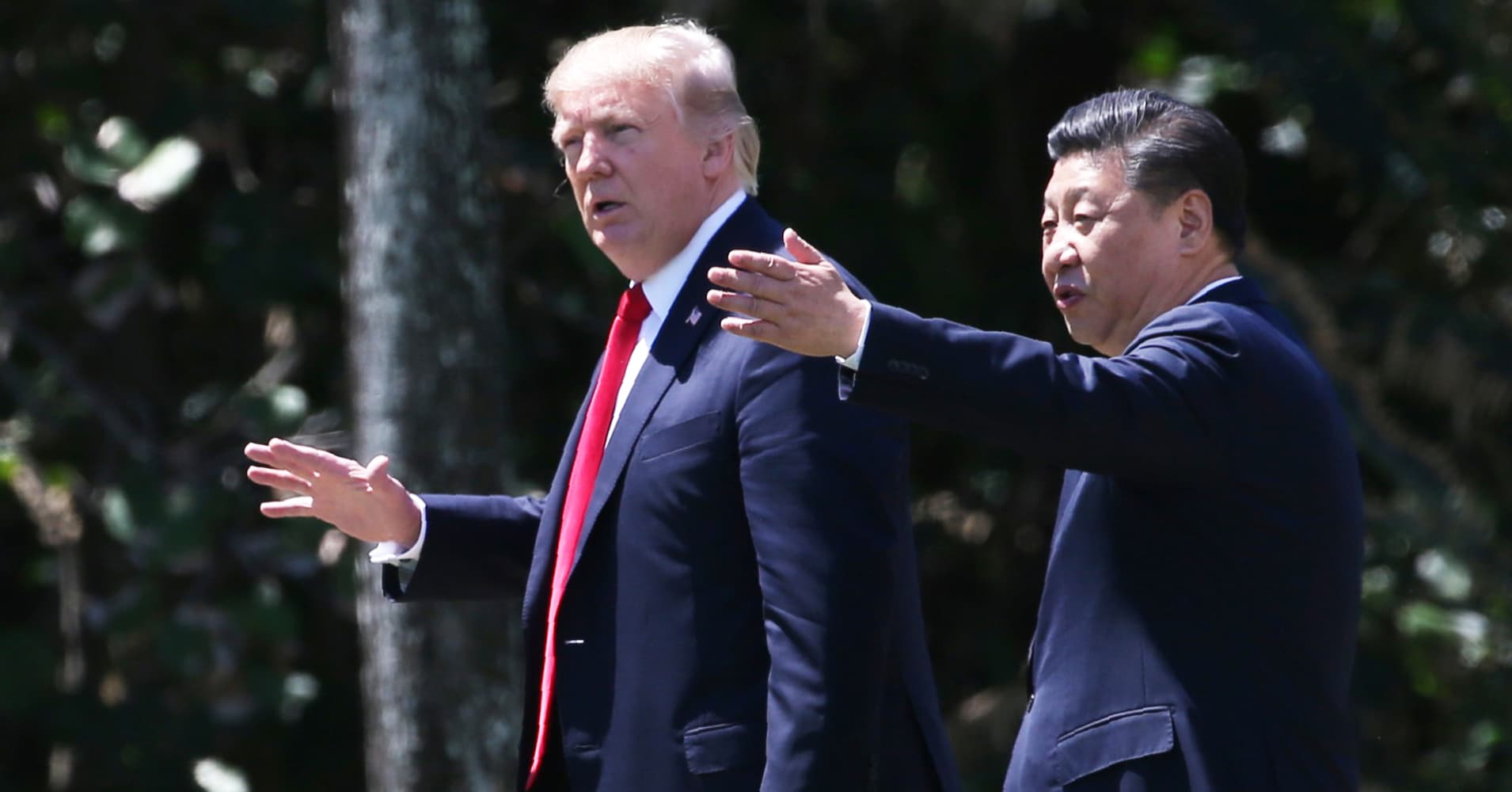
Starting with Europe, the U. and Russia will have to decide what to do about the long-standing problems of the continent`s security architecture, unresolved since the end of WWII, and reappearing in an acute form on the global agenda as people realized that Russia did not wither away after a debilitating agony during its horrendous decade of the 1990s.
The good people of Ukraine are dying every day of bullets, hunger and destitution, while the Minsk peace process lies dead in the water.
Ukraine is the most prominent case of chaos, waste and unbearable human suffering in the middle of Europe, but several regions in the Balkans are also a slow-burning fuse where killings, ethnic strife and intractable security issues have to be dealt with, while Washington and Moscow trade accusations of sowing mayhem.
And then there are the EU`s north-south problems. Polish and Baltic fears of Russian invasion are dismissed by South Europeans as grotesque exaggerations at the time when Italians and Greeks keep desperately calling for help in dealing with thousands of people arriving — and perishing — daily on makeshift boats from North Africa and the Middle East, seeking escape from death, hunger and deprivation.
Europe`s former colonial powers, and the EU, have failed to help establish some degree of security, good governance and economic development to prevent Africa`s massive exodus that Europe cannot, or will not, handle.
China has a large and increasing economic presence in Africa and in the Middle East. It, therefore, must play a role — together with the U. and Russia — in setting up a credible framework for peace and economic progress in these troubled regions. Beijing`s "Belt and Road" initiative can be one of the vehicles to promote trade and infrastructure investments in the Middle East and North Africa, but that can only happen if the U. and Russia could agree on the future of war-torn Syria and Libya, and on the way to manage an increasingly dangerous Iranian-Saudi confrontation.
And nothing can be done without an American-Chinese agreement about the Korean Peninsula, contested territorial claims in the South and East China Seas, and the freedom of navigation and commerce along the world`s busiest sea and air routes in the Asia Pacific.
Speaking at the White House Rose Garden last Friday, President Donald Trump said that the "strategic patience with the North Korean regime has failed." China says it has done all it could for now, and Russia is stepping forward with its own plan for Pyongyang to stop missile and nuclear tests, and to get rid of nuclear weapons it already has. South Koreans are ready to talk, too. A recent opinion poll shows that 76.9 percent of South Koreans support the resumption of the inter-Korean dialog about peace and nuclear disarmament.
Diplomacy is urged because it is not clear whether reasonable military solutions exist to security problems posed by the nuclear-armed North Korea. Negotiated solutions are also seen as the only way to resolve problems of rival claims on China`s maritime borders.


0 comments:
Post a Comment